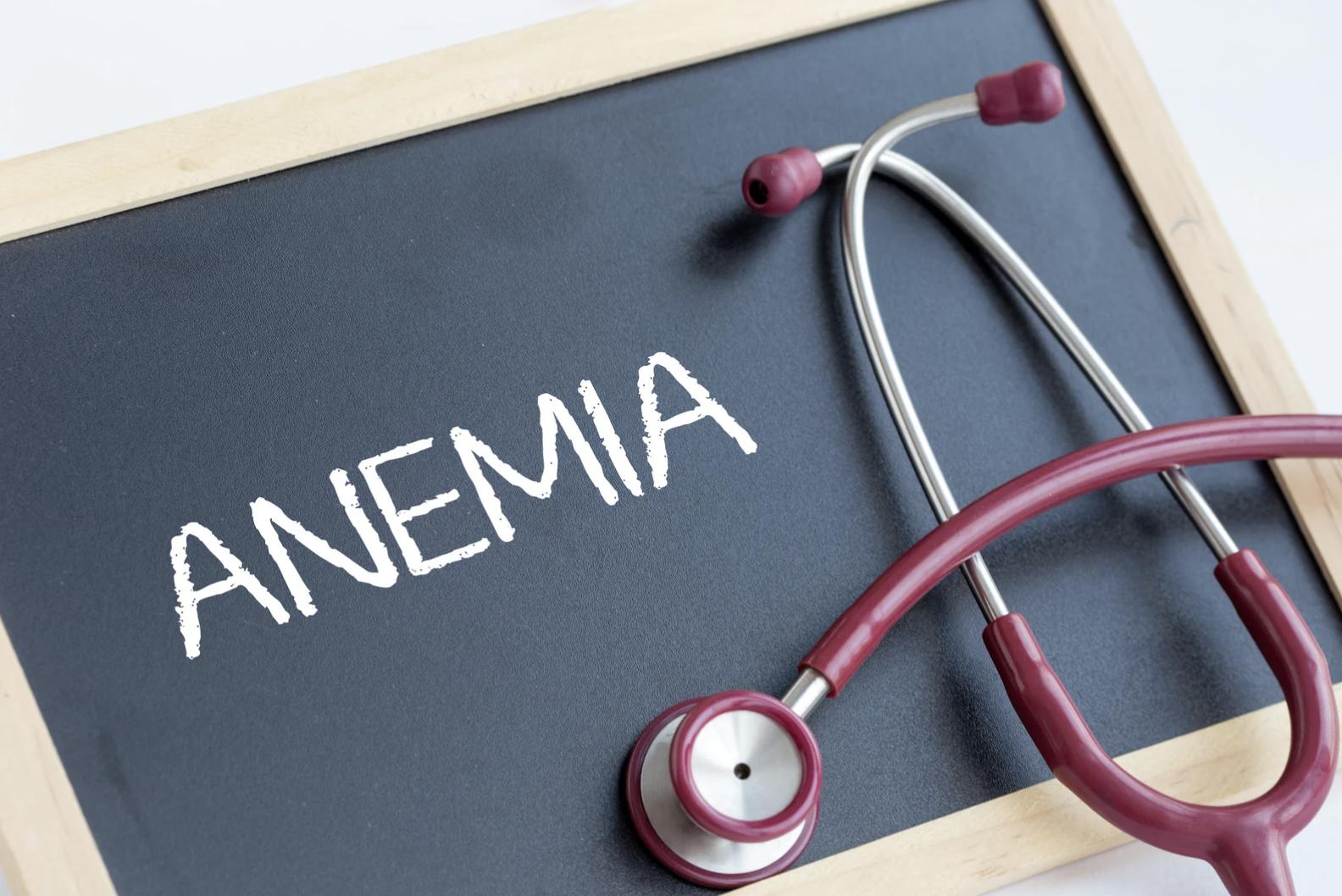Kirsten Fisch, MSN, RNC-MNN, IBCLC, LCCE Kirsten is a women's health nurse who specializes in high-risk pregnancy and postpartum care. She is certified in Maternal Newborn Nursing, a board-certified lactation consultant (IBCLC), and a Lamaze-certified childbirth Educator. She works with women from conception through postpartum. Passionate about empowering women during their reproductive journeys, Kirsten combines evidence-based care with compassionate support to promote health and well-being for mothers and babies.
Bringing a new life into the world is a beautiful, transformative experience, but also physically demanding. As the body recovers from childbirth, one common but often overlooked condition that can affect new mothers is postpartum anemia. This condition can impact both physical recovery and emotional well-being, yet it’s frequently underdiagnosed or dismissed as normal “new mom fatigue.”
What Is Postpartum Anemia?
Postpartum anemia occurs when a woman has lower-than-normal levels of hemoglobin in her blood after giving birth. Hemoglobin is the protein in red blood cells that carries oxygen throughout the body. When levels are low, the body struggles to deliver enough oxygen to tissues and organs, leading to fatigue, weakness, dizziness, and shortness of breath.
What Causes It?
Several factors can lead to postpartum anemia, including:
- Blood loss during childbirth: The average blood loss during a vaginal delivery is about 500 mL, and about 1,000 mL during a C-section. In some cases, blood loss is more significant, increasing the risk for anemia.
- Pre-existing anemia during pregnancy: If a woman enters labor already anemic, she’s more likely to remain or become severely anemic after birth.
- Iron deficiency: Pregnancy increases the body’s need for iron, and if that demand isn’t met, it can lead to anemia during and after pregnancy.
- Multiple births or closely spaced pregnancies: can deplete the body’s iron stores more quickly.
Symptoms to Watch For
Many signs of postpartum anemia can be mistaken for typical postpartum recovery symptoms, but persistent or severe cases should not be ignored. Common symptoms include:
- Constant fatigue or exhaustion
- Pale skin
- Rapid heartbeat or palpitations
- Dizziness or lightheadedness
- Headaches
- Trouble concentrating or brain fog
- Feeling breathless with mild exertion
Why It Matters
Postpartum anemia doesn’t just affect physical health—it can also have emotional and developmental consequences:
- Delayed healing and prolonged recovery
- Increased risk of postpartum depression
- Difficulty bonding or caring for the baby due to exhaustion
- Reduced breast milk production
Diagnosis and Treatment
Diagnosis is typically done with a simple blood test to check hemoglobin levels. Treatment depends on the severity of the anemia, but may include:
- Iron supplements (oral or intravenous)
- Iron-rich diet (red meat, leafy greens, legumes, fortified cereals)
- Treating underlying causes, such as continued blood loss or nutritional deficiencies

Supporting Recovery
If you’ve been diagnosed with postpartum anemia—or suspect you might have it—know that recovery is possible with the proper support. Here are a few tips:
- Ask questions at your postpartum checkups. If you’re feeling more than just “tired,” speak up.
- Prioritize rest and nutrition. Easier said than done, but even small, consistent changes can help.
- Lean on your support system. Whether it’s a partner, family member, or friend, don’t hesitate to ask for help with baby care or household tasks.
Postpartum anemia is common, but it’s not something women should have to “push through” in silence. Recognizing the signs, seeking treatment, and giving your body the support it needs can make a difference in your postpartum journey.
If you’re a new mom feeling more run-down than expected, you’re not alone—and you’re not weak. You’re recovering. Let’s keep the conversation going and ensure every mom gets the care and attention she deserves.

Kirsten Fisch, MSN, RNC-MNN, IBCLC, LCCE Kirsten is a women's health nurse who specializes in high-risk pregnancy and postpartum care. She is certified in Maternal Newborn Nursing, a board-certified lactation consultant (IBCLC), and a Lamaze-certified childbirth Educator. She works with women from conception through postpartum. Passionate about empowering women during their reproductive journeys, Kirsten combines evidence-based care with compassionate support to promote health and well-being for mothers and babies.



